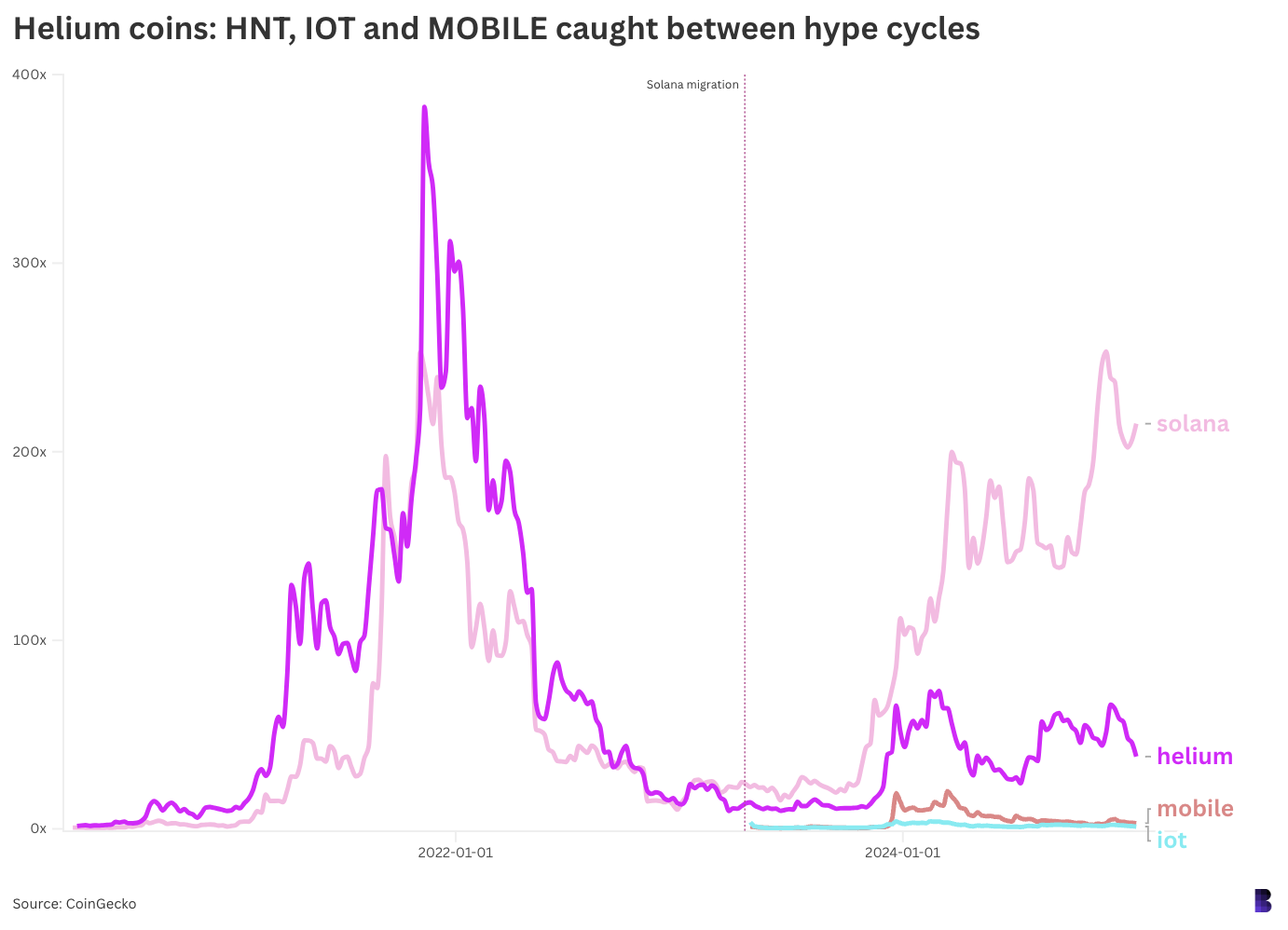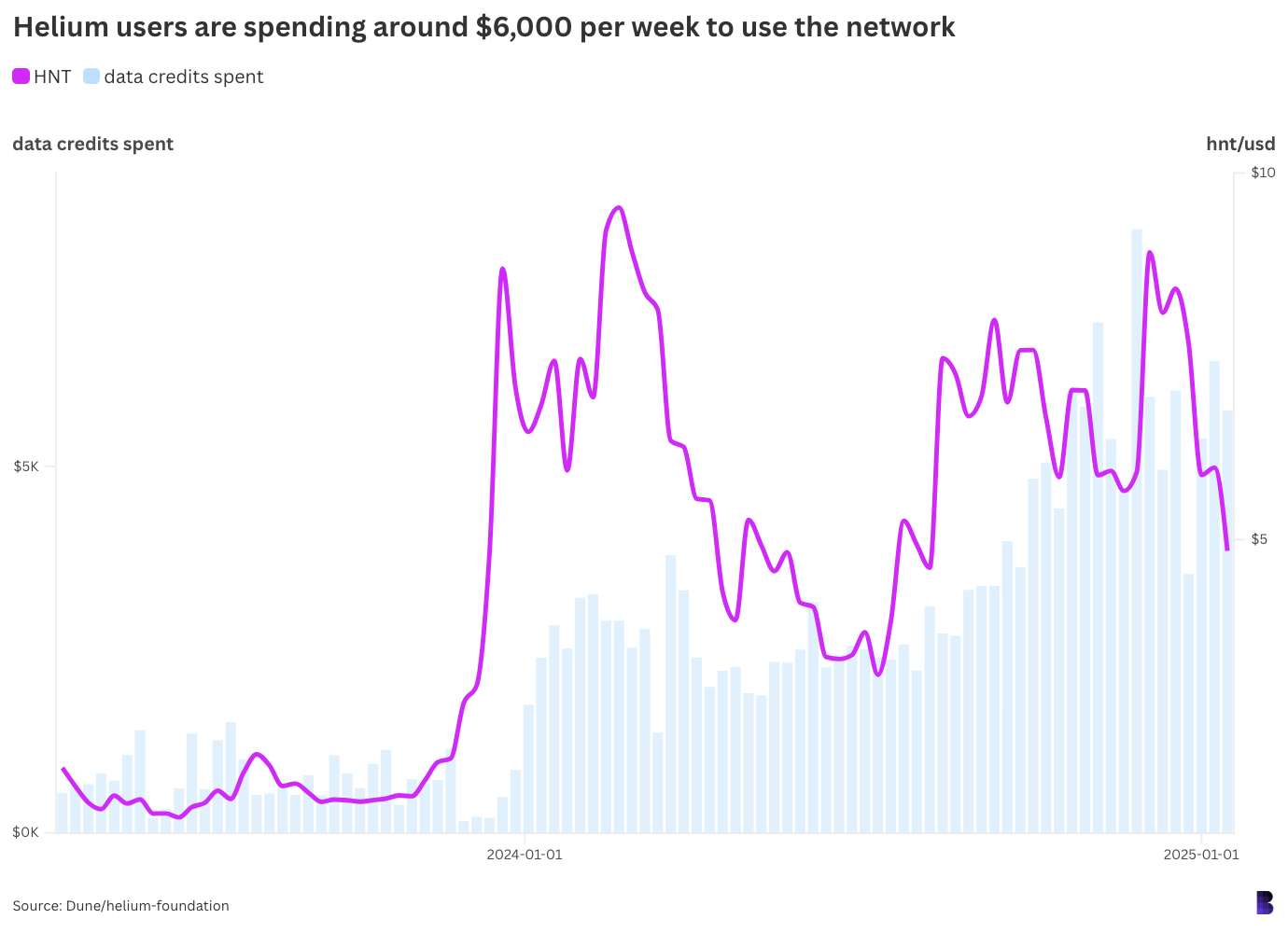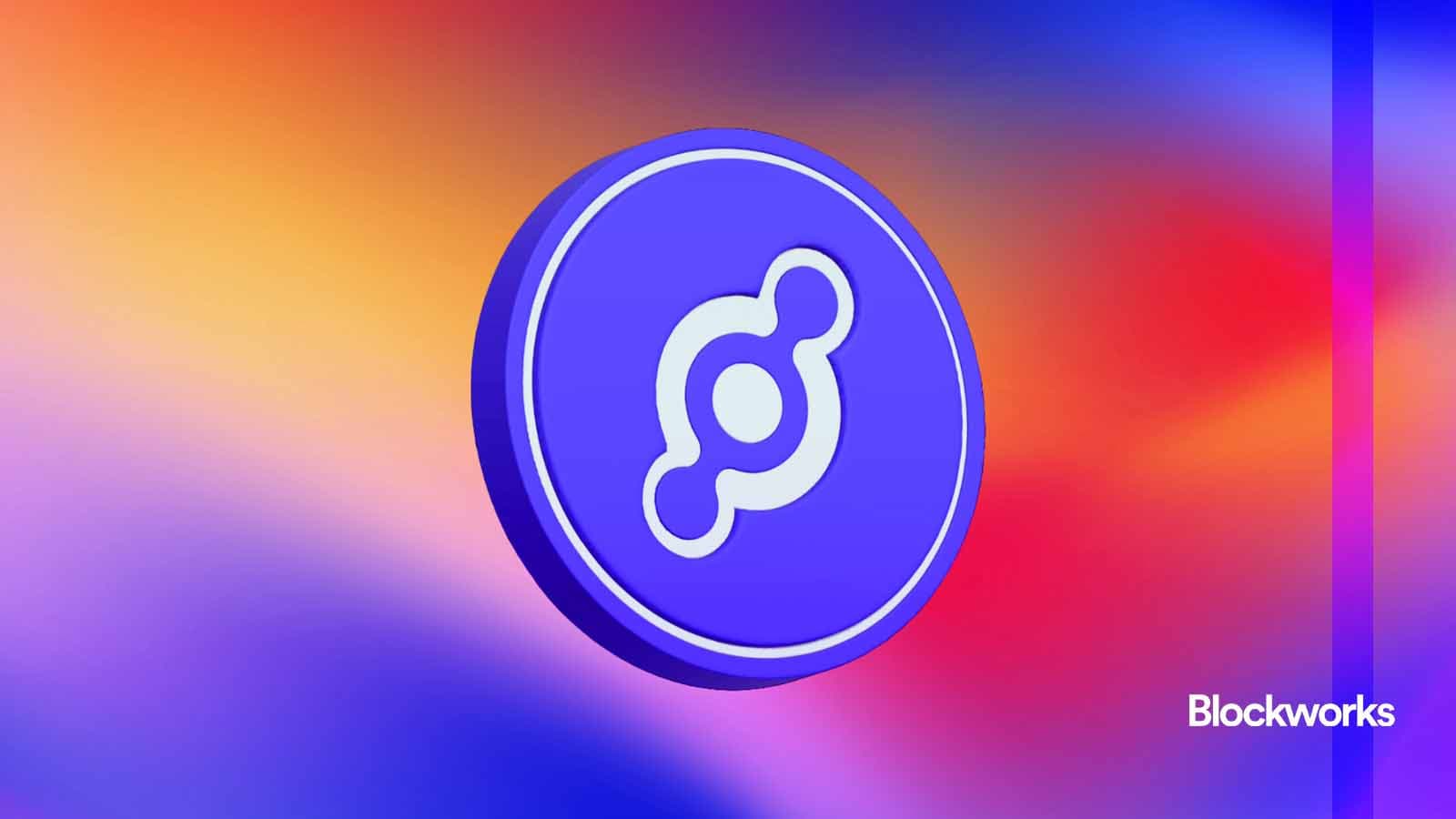This is an excerpt from the Empire Bulletin. To read the full editions, Subscribe.
Crypto is a creature of extremes. Look no further than the main novels right now.
AI agents and meme currencies are almost entirely virtual. Meanwhile, DePIN derives practically its entire value proposition from networks of highly physical devices. In the real world.
So, you can't blame Helium - the decentralized wireless carrier powered by Solana - for teaming up with DAWN to expand their networks together.
The pair have partnered to allow Helium hotspot operators to serve DAWN broadband internet, and vice versa, to create “the world’s first fully decentralized internet solution.”
Just as Helium fires a shot at disrupting central communications, DAWN seeks to do so Changing our relationship with traditional ISPsallowing ordinary users to own the infrastructure and be rewarded with cryptocurrencies for providing wireless broadband to anyone in range.
“The conversation started with strong consensus around the mission of decentralizing Internet access,” a Helium spokesperson told me. “We are moving towards making communication owned by the many and available to all.”
This means the Helium network will automatically grow by 8,000 nodes already serving the DAWN ecosystem, according to a press release.
Helium Foundation Dashboard Meanwhile, he points out that there have been more than 25,000 mobile hotspots on board since last April, which could theoretically serve DAWN broadband once the function is rolled out, although it is not immediately clear how many are currently active.

There is no stock deal or investment as part of the partnership, the spokesman said. However, all this points to some kind of coalescence in the DePIN space.
Much like how GPUs and ASIC miners can be used to mine a number of different cryptocurrencies - switching between them based on profitability - we could be headed to a world where DePIN devices in our homes can be directed to all sorts of different use cases depending on what is required.
This could mean additional income for the household without the often excessive overheads associated with proof-of-work mining, although the amount will largely depend on token prices etc.

What's interesting is that if this partnership had not happened, Helium and DAWN could have eventually been considered competitors. But not really anymore.
Wouldn't that make Elon Musk's Starlink the biggest competitor to the Helium-DAWN partnership, outside of traditional carriers?
“Starlink is disrupting the communications industry in ways that were unimaginable just a few years ago,” a Helium spokesperson said. “Many Helium deployments use Starlink as their Internet backhaul in the U.S. and Mexico.”
The team also developed a communications suite that combines Starlink with Helium hotspots, to provide better service to phones in areas without cellular coverage.
In any case, the Helium-DAWN partnership makes perfect sense, especially considering that the latter is expected to drop a token to early adopters at some point.
After all, when it comes to motivating people to install physical devices in their homes, two symbolic flywheels are better than one.
Start your day with the best cryptocurrency insights from David Kanellis and Katherine Ross. Subscribe to the Empire Newsletter.
Explore the growing intersection between cryptocurrencies, macroeconomics, politics, and finance with Ben Strack, Casey Wagner, and Felix Goffin. Subscribe to the Forward Way Newsletter.
Get alpha straight to your inbox with 0xResearch Newsletter — Market highlights, charts, trading ideas, management updates, and more.
The Lightspeed Newsletter has everything Solana, in your inbox every day. Subscribe to Solana Daily News By Jack Kopenick and Jeff Albus.
Source link
